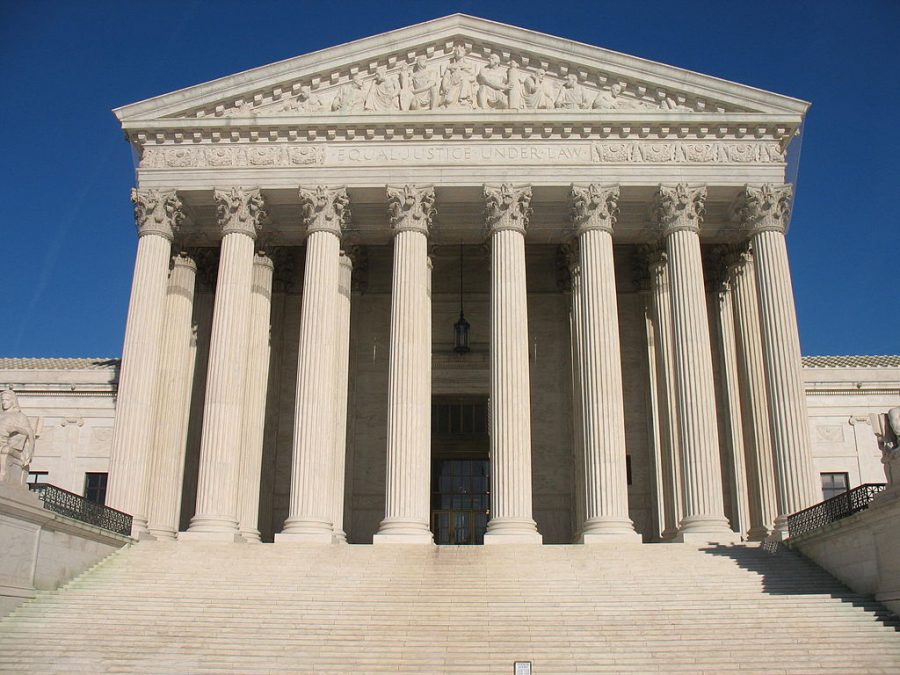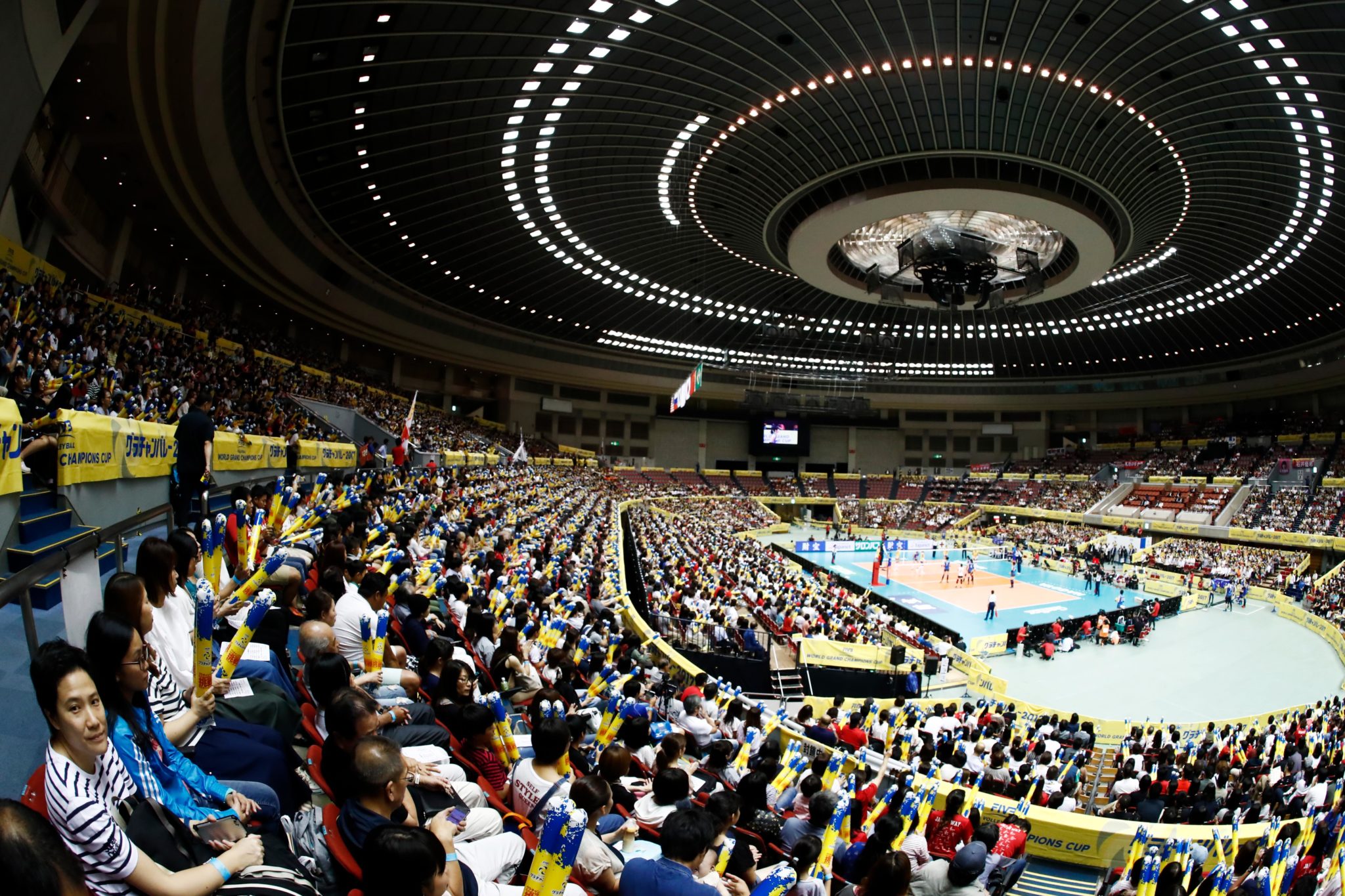Us Supreme Court Gambling Decision
- The US Supreme Court’s new sports-gambling decision is all about states’ rights Reuters?Afolabi Sotunde Betting on athletics is already legal in Nigeria, and may soon come to a US state near you.
- The Supreme Court of the United States has struck down a law prohibiting gambling on sports events with a 6-3 ruling that brings an end to a six-year legal battle over the Professional and Amateur.
- In a monumental ruling today, the U.S. Supreme Court ruled in a 6-3 decision that the Professional and Amateur Sports Protection Act of 1992 (PASPA), a federal ban on sports wagering, is unconstitutional, which is expected to pave the way for legalized and regulated sports betting in the U.S. At a rapid pace.
The supreme court on Monday struck down a federal law that bars gambling on football, basketball, baseball and other sports in most states, giving states the go-ahead to legalize betting on sports. The Supreme Court could provide officials in sanctuary cities yet another legal boost in their fights over Trump’s immigration crackdowns if it rules in favor of New Jersey’s gambling effort, said Ilya Somin, a George Mason University law professor who has argued that Trump’s order is unconstitutional.



The United States Supreme Court on Monday ended a 26-year ban on betting on professional and college sports.
The court’s decision permits state officials to pass laws permitting books to open on sports such as football, basketball, baseball and other games.
In the coming months, those officials will also consider where bets can be placed: casinos, horse racing tracks, betting centers, stadiums, online, or from mobile phones.
Supporters of the decision said legal betting could sharply increase income for states and the gambling industry. And they pointed out illegal sports betting is common. The American Gaming Association reported that Americans already place about $150 billion a year on bets.
Opponents of the decision include major sports groups, such as the National Football League. Those groups said expanding legal gambling on sports could hurt the integrity of the games. In other words, they worry that players or others would try to influence the outcome of the games for financial gain.
The president of an organization that helps people addicted to gambling also expressed concern. Marlene Warner leads the National Council on Problem Gambling. She said the ruling “will likely increase gambling participation and gambling problems unless steps are taken to minimize harm.”
Us Supreme Court Sports Betting Decision
But given Monday’s ruling, both the sports groups and the National Council on Problem Gambling have suggested that some of the income from legal betting go toward supporting their interests.
Three Supreme Court justices also disagreed with the ruling. They said parts of the original law were worth keeping.
But the majority of justices said the issue was not so much sports or betting, but states’ rights. They said states should not be forced to adopt a federal regulation system – an argument that may later be used in cases related to immigration laws and marijuana restrictions.
I’m Kelly Jean Kelly.
The Associated Press reported this story. Kelly Jean Kelly adapted it for VOA Learning English. Hai Do was the editor.
_____________________________________________________________
Words in This Story
stadium – n. a very large usually roofless building that has a large open area surrounded by many rows of seats and that is used for sports events, concerts, etc.
gambling – n. the practice or activity of betting money : the practice of risking money in a game or bet
integrity – n. the quality of being honest and fair
minimize – v. to make something bad or not wanted as small as possible
Related
The Supreme Court struck down a federal law that prohibits sports gambling Monday in a landmark decision that gives states the go-ahead to legalize betting on sports.
Us Supreme Court Gambling Decisions
The court ruled 6-3 to strike down the Professional and Amateur Sports Protection Act, a 1992 law that barred state-authorized sports gambling with some exceptions. It made Nevada the only state where a person could wager on the results of a single game.
States that want to offer legal sports betting may now do so, and New Jersey plans to be first. Delaware, Mississippi, New York, Pennsylvania and West Virginia are among the states expected to quickly get into the legal bookmaking game.
The court ruled in favor of New Jersey and against the NCAA, NFL, NBA, NHL and Major League Baseball, capping a nearly six-year legal battle and overturning a federal statute that the sports leagues had adamantly stood by for more than 20 years.
'Congress can regulate sports gambling directly, but if it elects not to do so, each State is free to act on its own,' the court wrote its opinion. 'Our job is to interpret the law Congress has enacted and decide whether it is consistent with the Constitution. PASPA is not.'

The leagues first sued former New Jersey Gov. Chris Christie in August 2012 and won every step of the way -- until June, when the Supreme Court decided to take the case. Oral arguments were heard Dec. 4, and the justices ruled five months later.
Christie tweeted after the ruling that it was a 'great day for the rights of states and their people to make their own decisions.'
New Jersey's current governor, Phil Murphy, also cheered the ruling, saying he was 'thrilled' to see the high court strike down the 'arbitrary ban.' He said in a statement that he looks forward to working with the legislature to 'enact a law authorizing and regulating sports betting in the very near future.'
The impact will be widespread. For nearly 26 years, Nevada has been the only state allowed to offer a full menu of sports betting options. A record $4.8 billion was wagered at Nevada sportsbooks in 2017.
New Jersey, with its much larger population, is expecting even bigger things. So are other states, with more than a dozen having introduced sports betting bills this year.
As the case played out over the past six years, the NBA and MLB pivoted their position on expanding legal sports betting and began lobbying on the issue in several states, including Connecticut, Illinois, Indiana, Kansas, Missouri, New York and West Virginia.
'We remain in favor of a federal framework that would provide a uniform approach to sports gambling in states that choose to permit it, but we will remain active in ongoing discussions with state legislatures,' NBA commissioner Adam Silver said in a statement. 'Regardless of the particulars of any future sports betting law, the integrity of our game remains our highest priority.'
MLB said in a statement that the ruling will have 'profound effects' and that it will 'continue to seek the proper protections for our sport, in partnership with other professional sports.'
'Our most important priority is protecting the integrity of our games,' MLB's statement said. 'We will continue to support legislation that creates air-tight coordination and partnerships between the state, the casino operators and the governing bodies in sports toward that goal.'
The NFL, NHL and NCAA, on the other hand, have sat on the sideline awaiting the ruling.
'The NFL's long-standing and unwavering commitment to protecting the integrity of our game remains absolute,' the league said. 'Congress has long-recognized the potential harms posed by sports betting to the integrity of sporting contests and the public confidence in these events. Given that history, we intend to call on Congress again, this time to enact a core regulatory framework for legalized sports betting. We also will work closely with our clubs to ensure that any state efforts that move forward in the meantime protect our fans and the integrity of our game.'
Tony Clark, the head of the Major League Baseball Players Association, called the ruling 'monumental, with far-reaching implications for baseball players and the games we love.' Clark said the topic must be addressed 'urgently and thoughtfully to avoid putting our sport's integrity at risk as states proceed with legislation.'
The U.S. joins other jurisdictions that allow legal sports betting, including Canada, the United Kingdom, Australia and France.
To start, it's likely that bets will have to be placed at brick-and-mortar establishments, but states are making plans to offer mobile sports betting in the future.
One research firm estimated before the ruling that if the Supreme Court were to strike down PASPA, 32 states would likely offer sports betting within five years. The American Gaming Association estimates that Americans illegally wager about $150 billion on sports each year.
Geoff Freeman, the president and CEO of the American Gaming Association, said in a statement that the court's decision is 'a victory for the millions of Americans who seek to bet on sports in a safe and regulated manner.'
'Today's ruling makes it possible for states and sovereign tribal nations to give Americans what they want: an open, transparent, and responsible market for sports betting,' Freeman said. 'Through smart, efficient regulation this new market will protect consumers, preserve the integrity of the games we love, empower law enforcement to fight illegal gambling, and generate new revenue for states, sporting bodies, broadcasters and many others.'
ESPN's Ryan Rodenberg and The Associated Press contributed to this report.